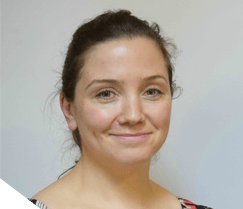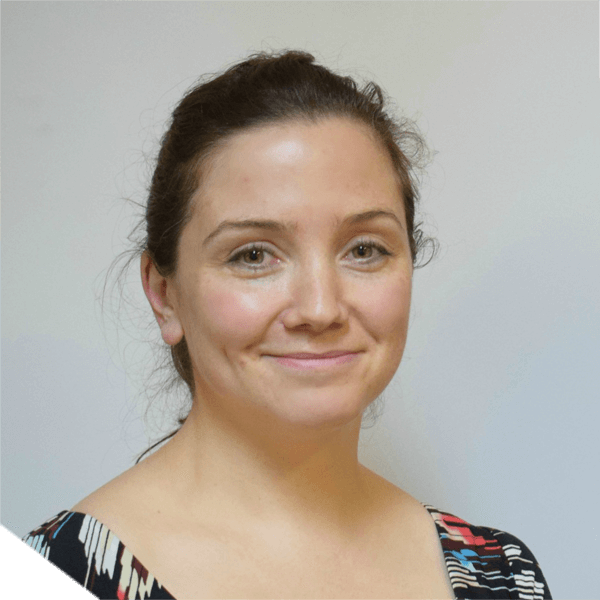
Review of the year 2016
Looking back over our first seven months
On this day last year, I sent an eight-page business plan to Martin Lewis for a new policy institute focused on money and mental health. I’d spent two months talking to everyone in the field, recruiting trustees and advisors, and planning how best to make an impact. I sent him the plan and crossed my fingers over Christmas. Could we get started or did I need to go back to the drawing board?
Now, a year later, Money and Mental Health is a fully fledged charity and we’re starting to have the impact we want – starting to help break the devastating link between financial difficulties and mental health problems. We’ve published six policy papers, six policy notes, four consultation responses and launched a major campaign – to stop doctors and other medical professionals from charging people with mental health problems for evidence they need to get their debts frozen or written off.
You can see a full presentation about what we’ve done this year here
Putting the plan into action
Starting something new is always fraught with challenges but I’ve been lucky enough to have found the perfect team to work with. Our trustees – led by Martin – have pushed us just hard enough, and offered support and insight. Simi Ryatt, chief exec of Hammersmith and Fulham CAB, spoke at a recent launch of our report on the role of advice in the NHS. Having the voice of front line advice providers among our Trustees is so valuable.
And our advisory board – you can read about them all here – have brought to our work insight from academia, medicine, financial services and, most importantly of all, the voice of people with lived experience of mental health problems. Just a few examples: Professor Dame Til Wykes, from the Institute of Psychiatry, Psychology and Neuroscience, has guided our thinking on trials and clinical evidence. Paul Scates, who lives with bipolar, has joined us on the campaign trail, doing TV appearances and delivering a letter to Secretary of State Jeremy Hunt. And Chris Fitch – who’s done more work on debt and mental health than anyone in the country – has helped champion our voice in the creditor sector.
And as for our staff? We’re a small team, but it’s a privilege to work with every one of them. Looking into next year, I can’t wait to see us take on and implement the policy ideas we’ve developed:
- Nic Murray’s brilliant work on carers’ access to financial services
- Rose Acton’s recommendations on building debt advice into NHS talking therapies
- Tasneem Clarke’s exploration of best practice in embedding advice more widely in the NHS
- Katie Evans’ exciting proposals for a big data project to drive quality and competition in financial services
- Merlyn Holkar’s guidance on the impact of mental health problems on financial capability (coming soon)
We’d love to hear your ideas for new policy and research work Money and Mental Health should be doing. Get in touch at [email protected]
The people that matter the most
But I want to finish with a final thank you to the most important people of all at Money and Mental Health: the 1,000 volunteers in our research community, My Money and Mental Health. Our work is only as good as our connections to real consumers’ experiences of managing their finances while living with a mental health problem.
We’re launching a big recruitment drive for the research community in the New Year so if you have lived experience of a mental health problem, or care for someone who does, sign up or find out more here
And if you work with people with mental health problems you think might be interested, get in touch: we have materials for professionals to share with their service users, and we’d love your help.
